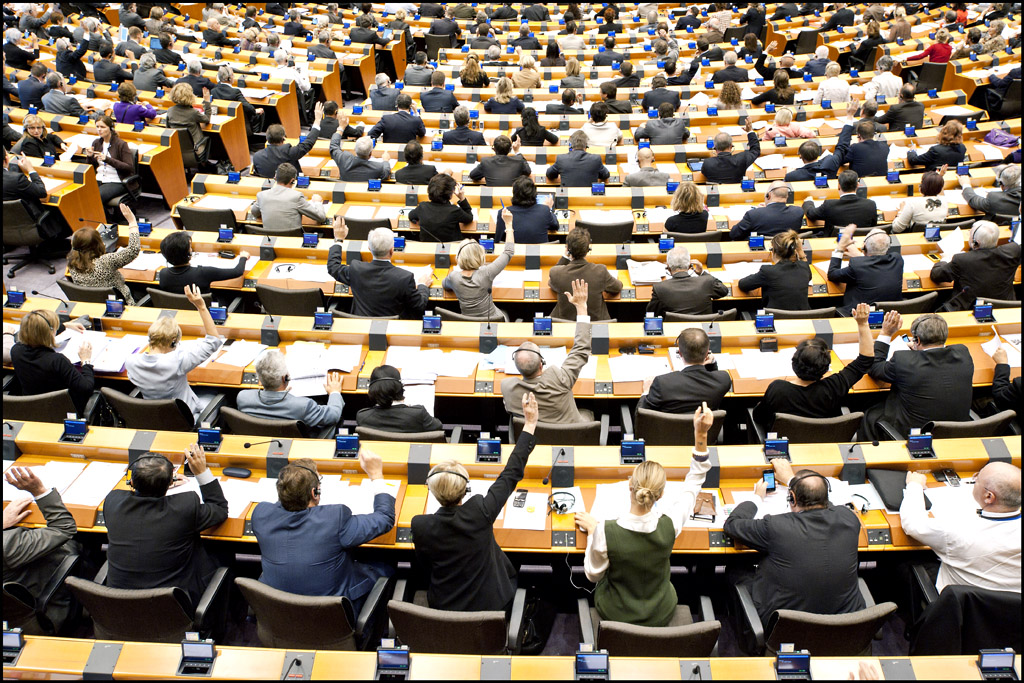Policy Paper
07/02/18Transnational Lists: a Political Opportunity for Europe with Obstacles to Overcome

In this Policy paper, Christine Verger, adviser at the Jacques Delors Institute, explains the origin of the idea of transnational lists, and analyses why Brexit is an opportunity to revive it. Yet the creation of such novel lists is subject to an arduous legal route, compounded by the political divisions among the current MEPs and within EU Member States, going beyond traditional partisan rifts. The sometimes-heated debate is only just beginning.




